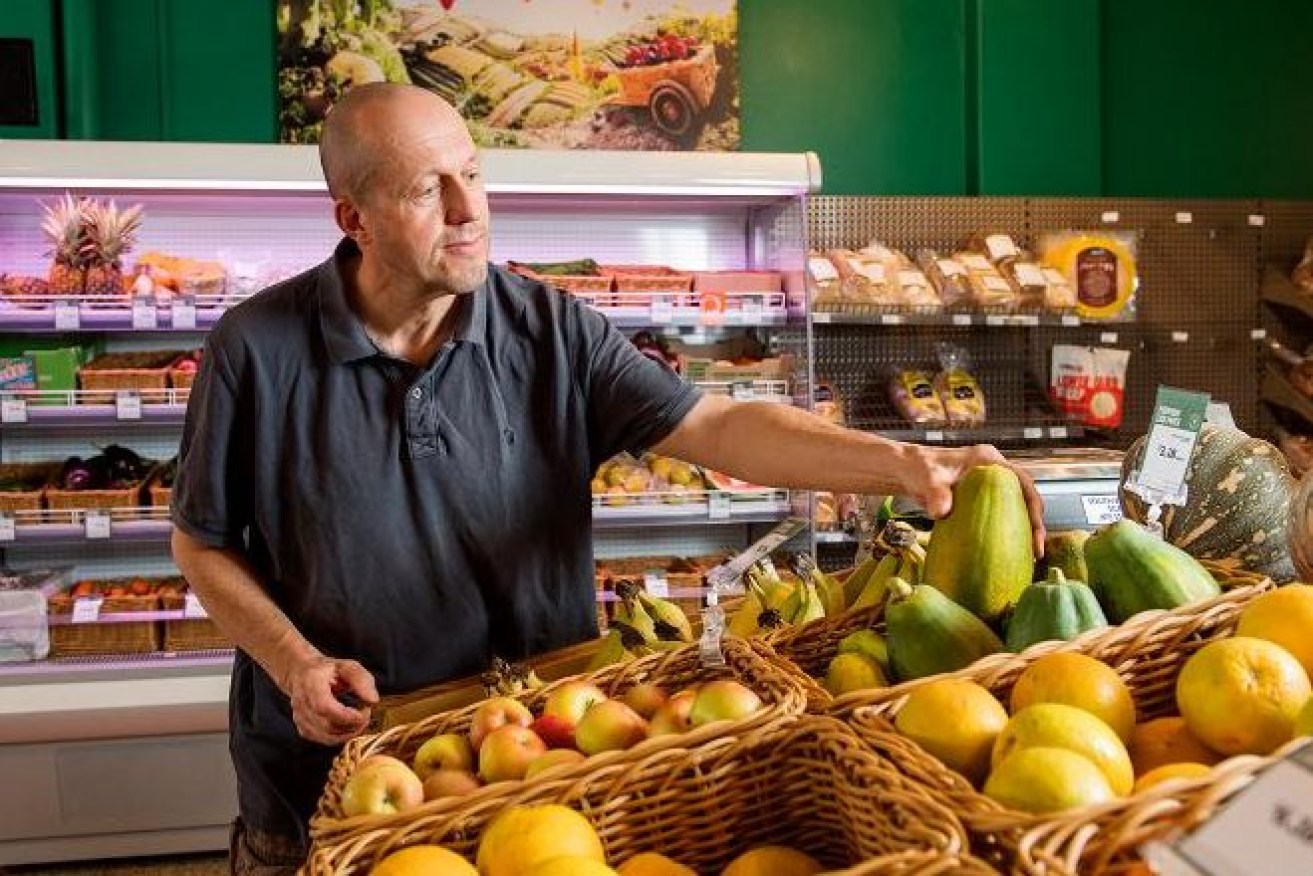Deadly choices: University study reveals pesticide poison risk in our ‘healthiest’ foods
For decades the traditional Mediterranean diet has topped the healthy eating charts.


But now new research shows chowing down on fruits, vegetables, nuts, and plenty of wine may have a significant downside – pesticides.
The international study involving Queensland’s Southern Cross University has found a Mediterranean diet contributes to an intake of pesticides three times higher than eating a Western diet full of processed food, red meat, sugar, and high-fat dairy.
However, it also shows that switching to an organic diet could cut pesticide intake by 10 times as much.
Led by SCU’s Director of the Centre for Organics Research, Professor Carlo Leifert, the study showed both diet and the way food was produced could impact health.
Leifert said the study showed switching from a Western to a Mediterranean diet, with high fruit and vegetable consumption, resulted in more than three-times higher total insecticide and organophosphate intake.
It found consuming a Mediterranean diet made from conventional food resulted in people testing 10 times higher for pesticide intake than a Mediterranean diet made entirely from organic food.
“Many of the synthetic pesticides detected in both food and urine samples in this study are confirmed or suspected endocrine disrupting chemicals,” he said.
Endocrine-disrupting chemicals are chemicals that mimic, block, or interfere with hormones in the body’s endocrine system and have been associated with an array of health issues.
The study, published in American Journal for Clinical Nutrition, identified conventionally grown fruit, vegetables and wholegrain cereals as the most significant dietary sources for synthetic chemical pesticides.
It found organic food production methods resulted in substantially lower pesticide residue levels, including insecticide, fungicide and herbicides.
Leifert said going organic could help people change to a Mediterranean-style diet, without risking increased intake of pesticides.
He said the study, carried out in Crete, involved 26 students eating exactly the same meals, split only by whether the produce was produced organically or by conventional farming methods.
“We give them exactly the same Mediterranean dishes – one dish made organically, one dish made conventionally,” Leifert said.
“We then analyse their blood and urine for health-related indicators, and we can be sure that the differences are not from them following a different diet or making food slightly differently, because it is exactly the same.
“We are sure the difference is made by them having their food made from organic food compared to conventional food.”
Co-researcher Professor Chris Seal from Newcastle University in the UK said the study was the first to clearly show that a healthy diet should consider the way food was produced.
“This study provides clear evidence that both our diet and the way we produce food may affect the level of exposure to synthetic chemical pesticides and ultimately our health,” Seal said.












